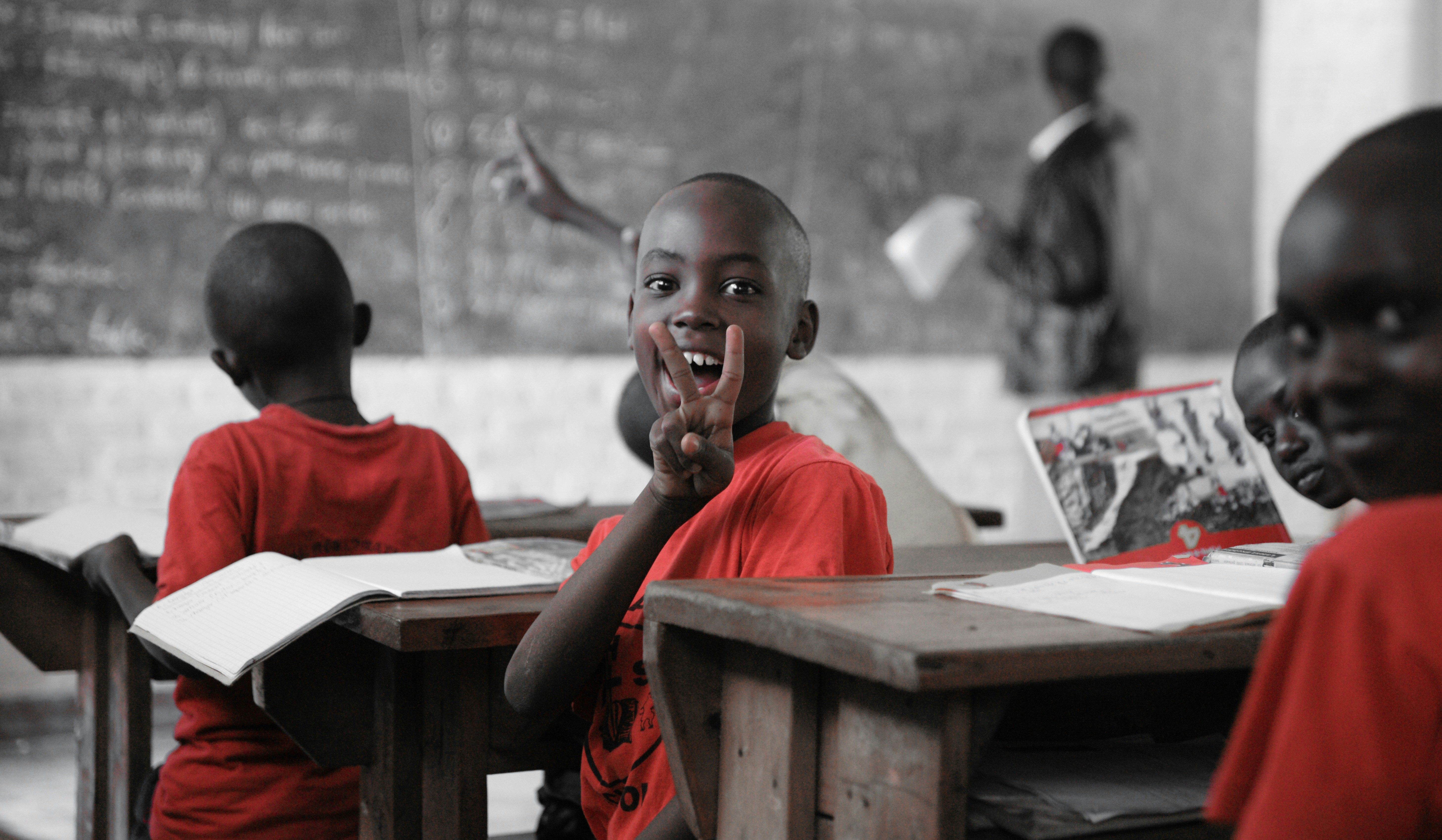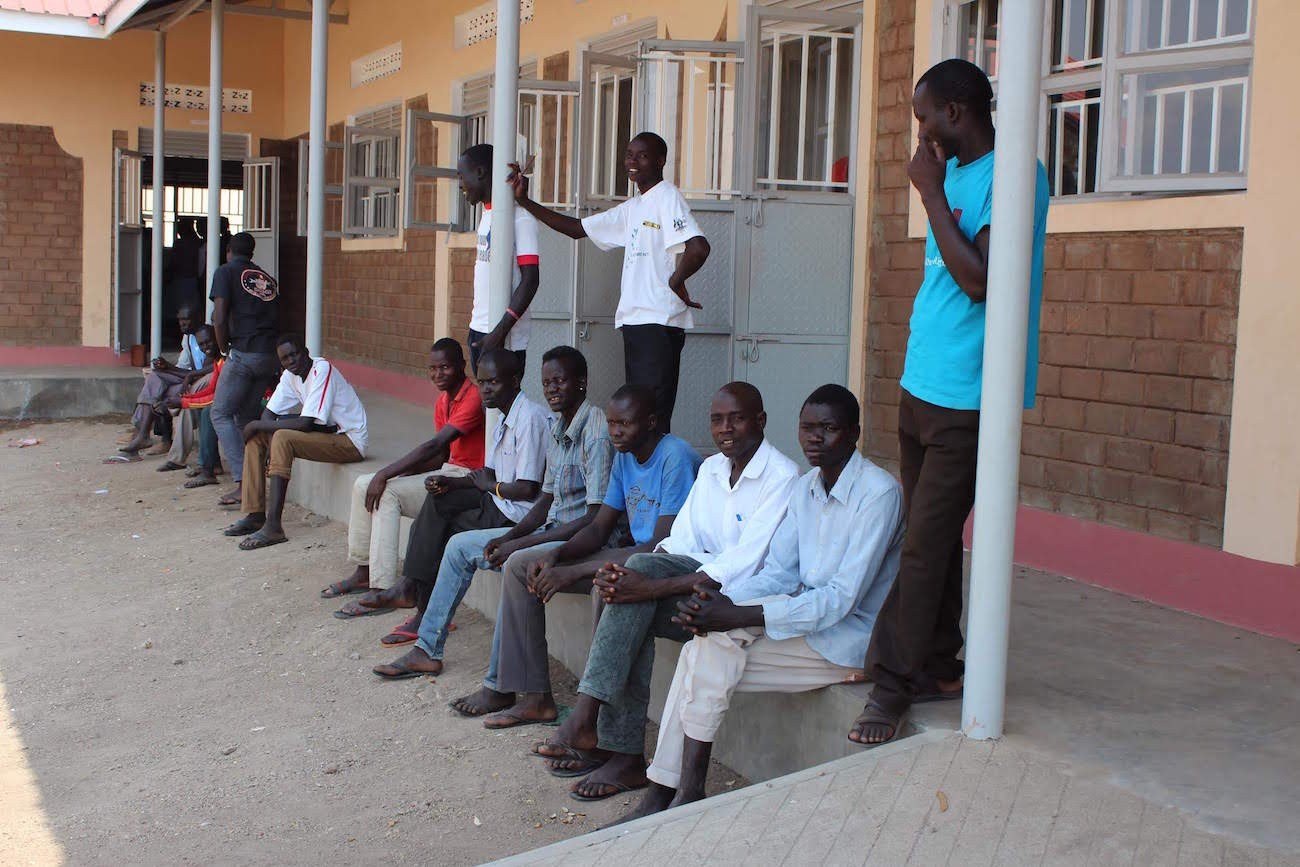Statelessness in South Africa
According to the United Nations, “stateless persons are individuals who are not recognised as nationals by any state under the operation of its law” (UNHCR, 2022). This lack of nationality means stateless individuals are often denied the most fundamental human rights including access to education, healthcare, legal employment, and even the right to marry. The UNHCR estimates that 4.4 million people around the world are currently...

Fleeing War, Finding Uncertainty: The Challenges Faced by Sudanese Refugees in Egypt
Background During the early twentieth century, Sudan was a protectorate of Egypt (in the north) and the United Kingdom (in the south), known as the Anglo-Egyptian Condominium. But, in 1956, the Republic of Sudan declared independence after Egypt and the United Kingdom relinquished their sovereignty. However, at this time, there was a stark divide between the northern region (wealthier, Muslim majority) and the southern region (less developed and Christian majority. This...

August Press Review
International Ethiopia’s Refugees and Returnees Service and UNHCR establish a new site to host Sudanese refugees fleeing unrest UNHCR, 28 August 2024 In this article, the UNHCR documents the establishment of a new site to host people that have fled the devastating war in Sudan in the Amhara region following the closure...

Detention and Migration
One of the fundamentals of ensuring dignity and protection of human rights of people on the move is ensuring they are not subject to arbitrary or unlawful arrest, detention, and deportation. Migration and freedom of movement are fundamental tenants of what makes us human. Detention of people on the move, particularly for the purpose of deportation or regularising sojourn, should only be as a last resort and alternatives to detention should be prioritised....

